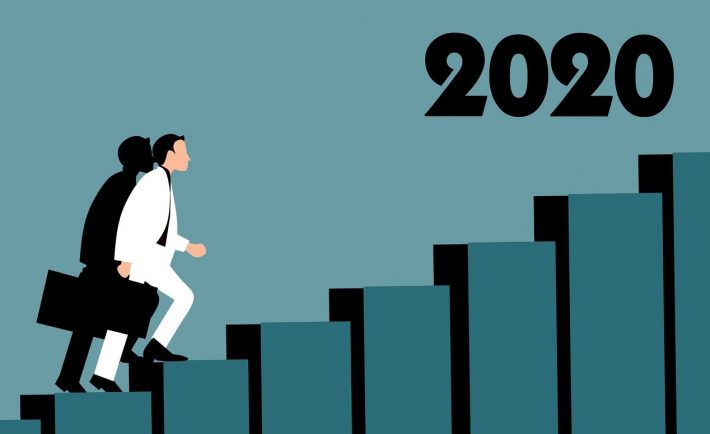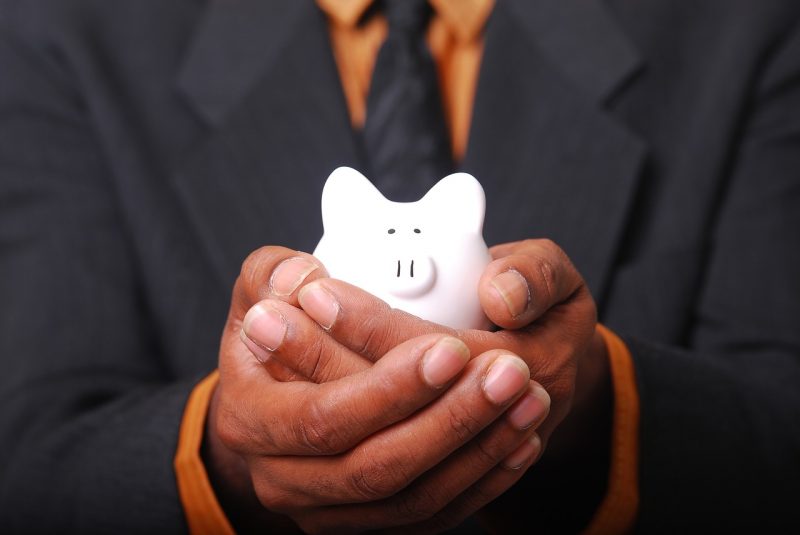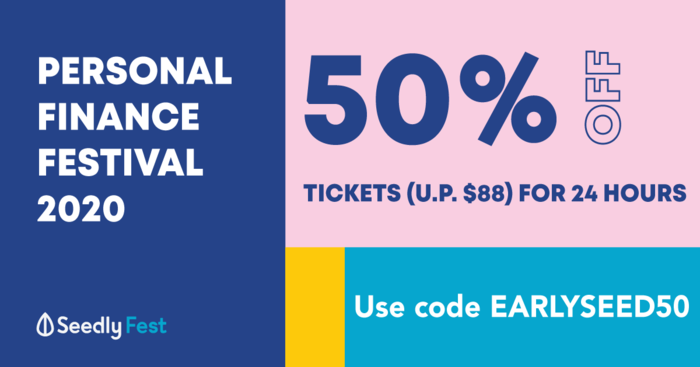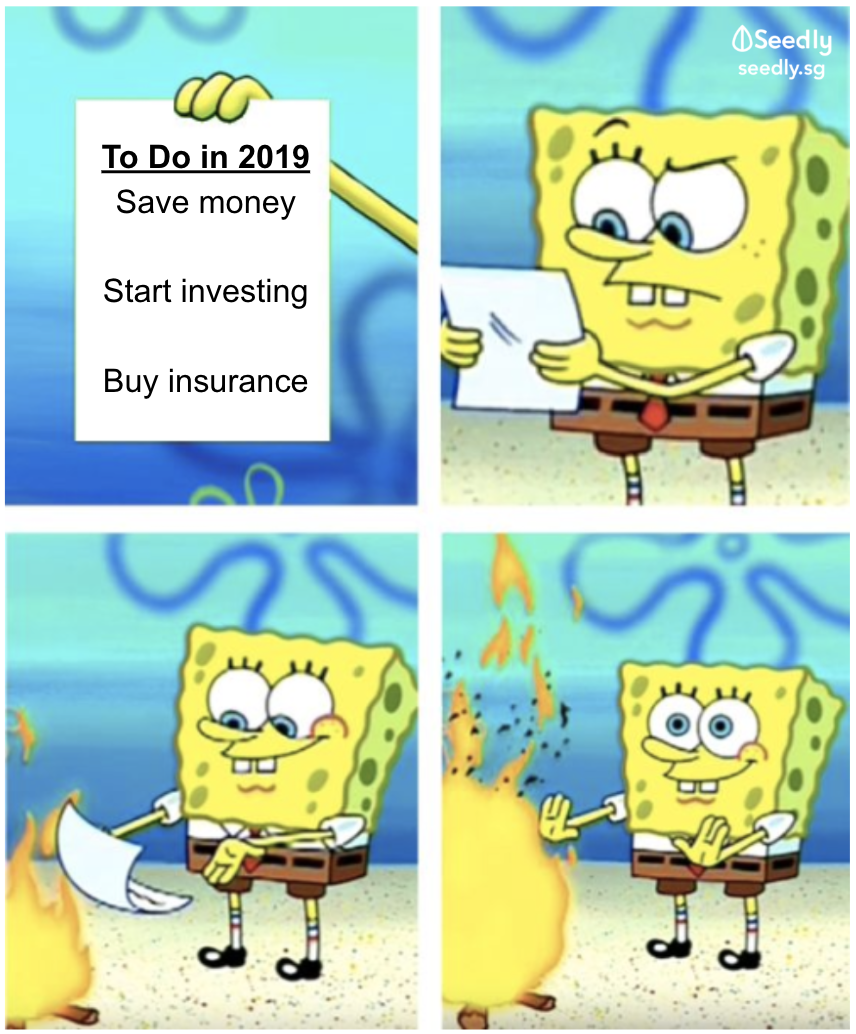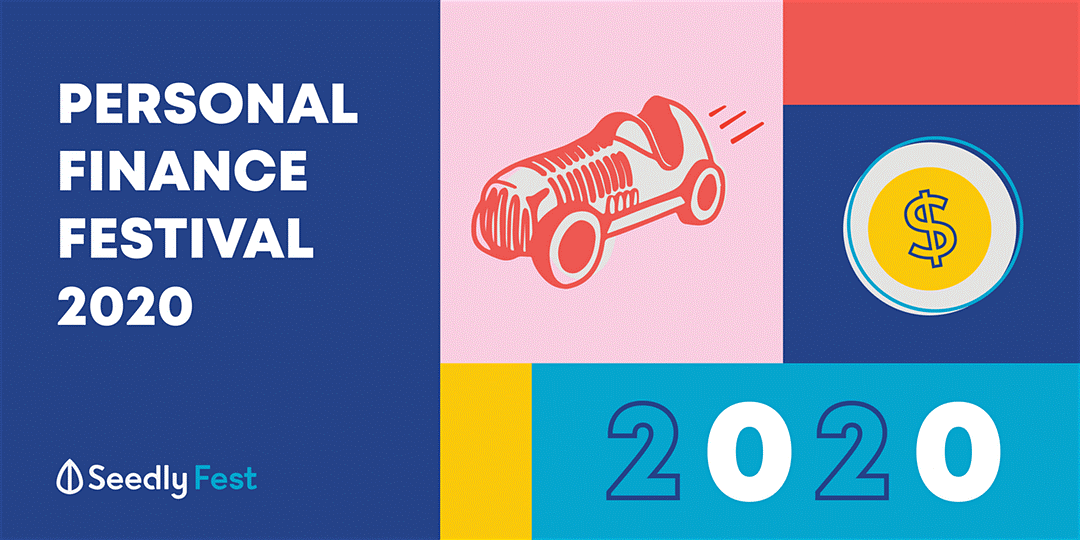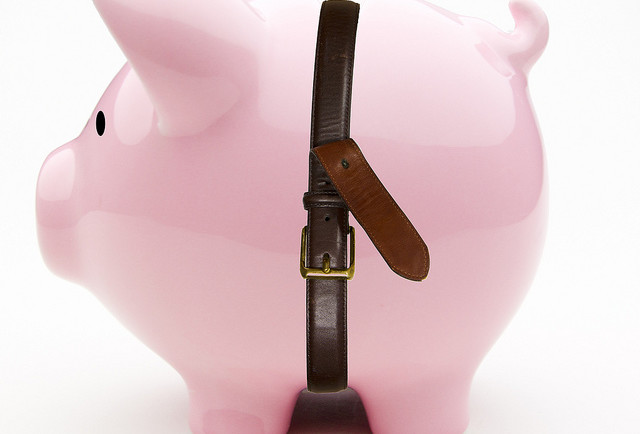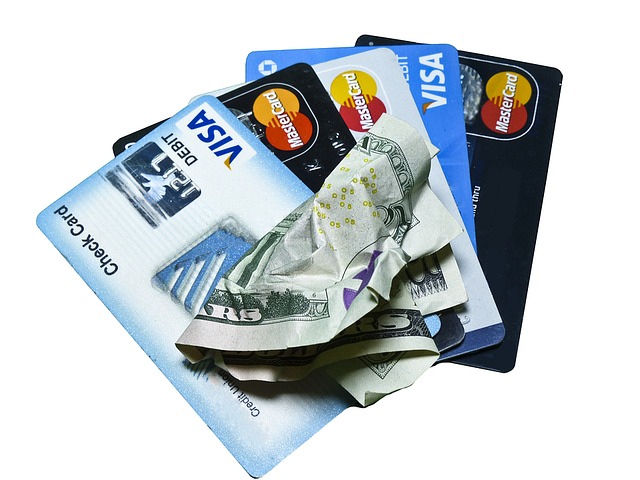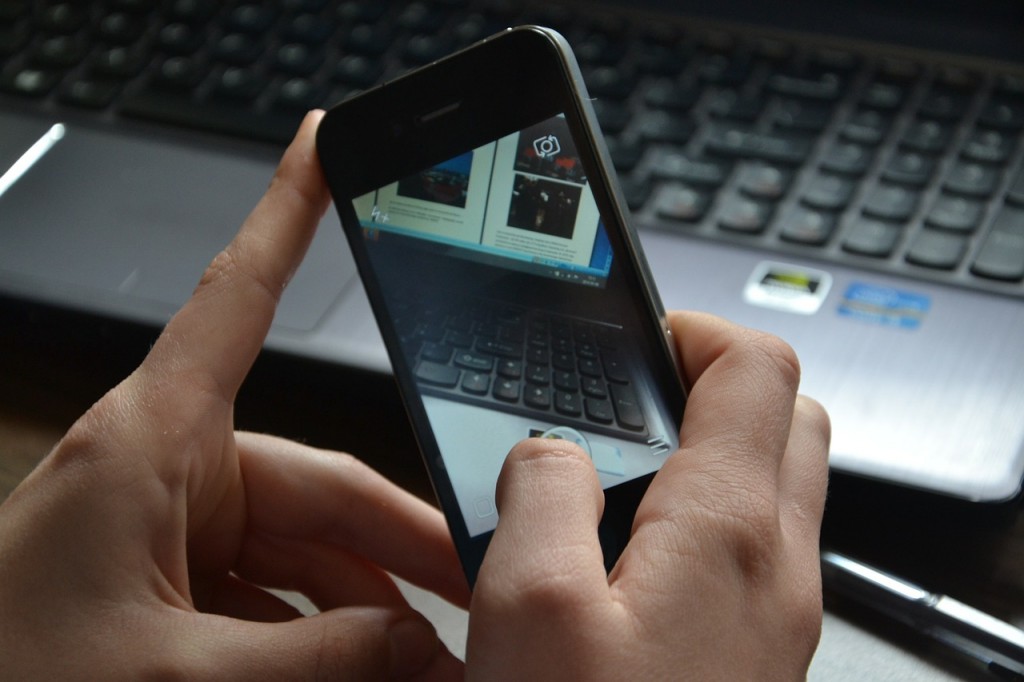Consumed by the demands of your daily life, it is easy to lose track of the bigger picture. What are your financial goals? What are your dreams made of? A simple representation of all your hopes, dreams, and goals is a Vision Board.
A Vision Board helps you to clarify your financial goals to enable you to achieve them. Its mechanism is powered by the idea that if we put our desires out there, the universe will be able to bring it to us. It is powerful because it forces the person to be clear and decisive about the kind of life they want to lead. Visual images serve as daily reminders of what we really aspire to become.
A study showed that people were more likely to achieve their goals if they write them down. Vision boards take this notion one step further. It enables the person to be specific when it comes to his or her dreams. It makes your financial goals more concrete and detailed. Better results can be achieved by putting your vision board in a place where you constantly see it. Choose five to ten goals to focus on (e.g., getting a new job or paying all your debt). Put these financial goals on your vision board.
Here is an example of a financial vision board:
To create a vision board, you need:
* Poster board/Cork board
* Pins
* Colored markers
* Glue
* Tape
* Scissors
* Old magazines
Aside from these materials, it is important to follow these steps.
#1: DREAM A LITTLE DREAM
Social media and advertisements have conditioned us to want things we see around us. Material things can bring your short-term delight, but what can really bring you happiness? It is time for you to think about that. Daydream the improved life that you want for yourself and your family. A financial board needs to reflect your ideal reality.
#2: COLLECT AND SELECT
Begin flipping through your stack of old magazines and newspapers to cut anything that speaks to you. Use images or words that embody your goals. You can sort all these later once you get a sizable amount of cutouts.
Edit your cutouts into five to ten goals. Then, paste them on your board as you fit the puzzles together. You can even organize the images per theme or per time-frame.
#3: WISH YOUR HEART MAKES
Mentally commit to your financial goals by gluing or pinning them down on your board. This vision is cemented for the year. It may feel weird at first, but this is the first step toward making your dreams a reality.
Hang your vision board in a place where you can revisit your financial goals. Or, you may consider setting it as your wallpaper on your phone or your laptop.
#4: PLAN AND ACHIEVE
Lastly, you must reflect on your financial vision board and think of ways to achieve each one. Choose to focus on one goal at a time or on the smaller goals first.
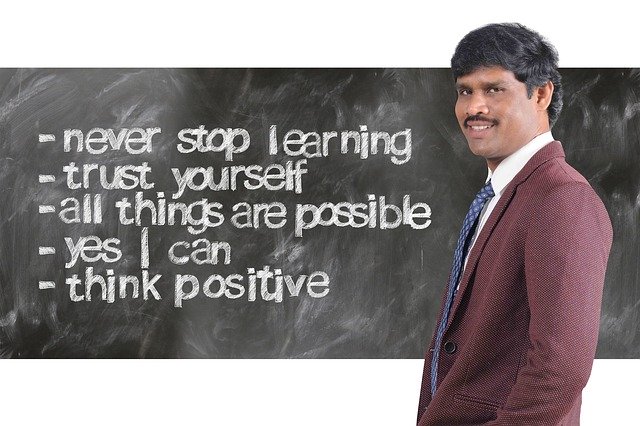
Image Credits: pixabay.com
Good luck!



